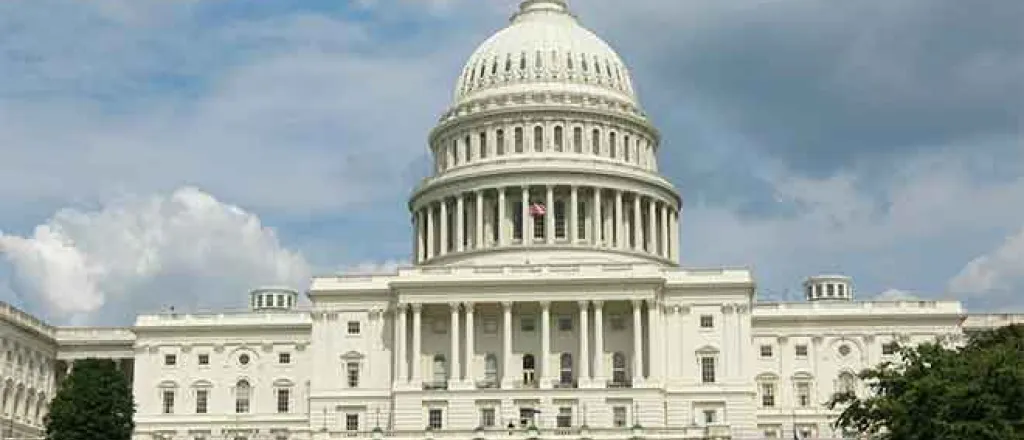
Senate committee exposes abuse of pregnant prisoners in U.S.
Click play to listen to this article.
(Georgia News Connection) A U.S. Senate subcommittee has uncovered widespread abuse of pregnant and postpartum women incarcerated nationwide.
Senator Jon Ossoff, D-Ga., who chairs the Senate Subcommittee on Human Rights and the Law, said its research has found more than 200 reported cases of human rights violations against women in state prisons and jails. He said the abuses range from neglect during labor to newborns being taken away immediately after birth.

© iStock - nevarpp
"We've heard from mothers forced to give birth in prison showers, hallways or on dirty cell floors," he said. "Mothers who gave birth into toilets, after being told they were 'not in labor.'"
Despite laws in 41 states including Georgia that prohibit or restrict shackling pregnant and postpartum people in prison, the subcommittee said violations were found in at least 16 states.
During last week's hearing, Jessica Umberger, who gave birth in a Georgia state prison, testified about the abuse she endured. She recounted being forced to have a Cesarean section, and said she was denied proper hygiene and placed in solitary confinement shortly after the birth.
"I was put in solitary when my baby was only five days old," she said. "In solitary confinement, I had no medical support. The staples in my stomach from my C-section had not dissolved, and there was no air conditioner."
The senators also heard from Dr. Carolyn Sufrin, an associate professor at the Johns Hopkins School of Medicine. She suggested changes to address mistreatment and improve conditions for those who are pregnant behind bars.
"There are many opportunities for policy and practice change that could improve conditions and the well-being of pregnant and postpartum women in prisons and jails, as well as for their newborns," she said. "One is to find a pathway to require medical standards of care."
She said expanding Medicaid to cover people in prison could help enforce these standards.
Ossoff stressed the need for bipartisanship, and said further investigation is needed.

















